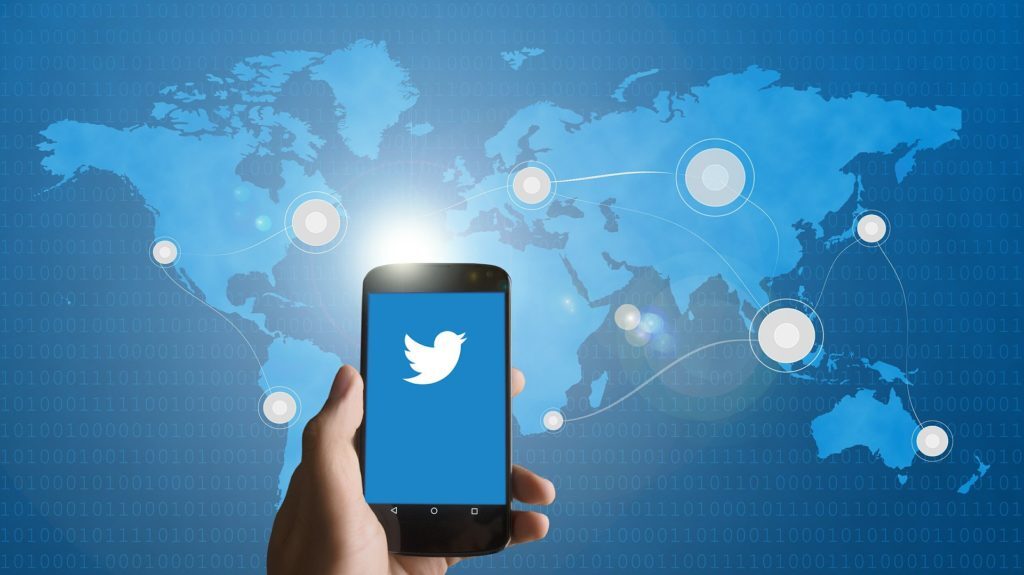Another week, another side-step from Silicon Valley. This time coming from Twitter, as reported in The Independent, who appeared before a Parliamentary committee in the UK this week to answer questions about the moderation used on its platform.
In response to this question, Twitter’s head of UK policy Katy Minshall stated that the social media platform reflects society and so should not be expected to be a wholly positive or nice place.
“Twitter gives everyone the right to speak publicly”, said Minshall, “and that’s been a huge societal shift over ten, 15 years”.
“As Twitter reflects a mirror on society, that doesn’t mean Twitter should always be a wholly positive or nice place. Twitter at its best has sometimes been the exact opposite of that with conversations of huge importance”, she said.
The Independent went on to note that Minshall referenced tweets about the #MeToo movement or Black Lives Matter.
Twitter: Society’s Black Mirror
Minshall’s assertion that the platform mirrors society has been covered in this publication – and to a degree, she’s correct. Stuff has covered the fact the upper echelons of society are given a longer rope than the rest of us.
Donald Trump is pretty much proof of this, having spewed hateful filth on Twitter with impunity for years, but he’s hardly alone. As mentioned in the above article, the Ayatollah Khameni has been allowed to keep his account even though he has used it to describe Israel as a malignant cancer that needs to be eradicated. Even though this tweet violates the platform’s T&C’s, the account hasn’t been banned because the person tweeting it is richer, more influential and more powerful than most human beings.
And this is the case in society away from the keyboard. Beyond one’s status allowing them more leeway, Minshall is right – society isn’t always a nice place. People hold views that are repugnant to others and vice versa. To give Twitter some credit, the platform throws a spotlight on the worst offenders in this regard; if you wanted to find out if a colleague or an acquaintance has opinions that make you sick, check their twitterfeed and you may come across some tweets that confirm your suspicions.
Twitter as a weapon
But Twitter is more than society’s Black Mirror. It’s a platform that, in the past has been used for some pretty nefarious purposes that really should’ve been kept in check. The Capitol Hill riots spring to mind, as does the campaign launched by Bell Pottinger to run interference for the forces behind state capture in South Africa; it’s a testament to the power of social media platforms that the phrase ‘white monopoly capital’, which was dreamt up by a foreign PR agency to provide a smokescreen for state looting, has entered our local lexicon.
In short, Twitter can and frequently is weaponised and has been used to cause a lot of damage away from the desktop. Even the company’s CEO Jack Dorsey has admitted as much, and one could argue that it’s time for at least some moderation on the part of its owners.
But this is unlikely to happen. To start with, Twitter has under 6,000 employees working for it. How the hell is a staff of that size meant to moderate a site that boasts – by last count – nearly 200 million daily users?
Second, Twitter makes billions out of advertising and that advertising requires eyeballs. If a subject starts trending, it invariably attracts attention and one has to wonder how close a user (or users) need to rub up against Twitter’s T&C’s before the company decides to pull the plug on something that’s making money.
If politicians want straight answers about moderation on social media platforms, they should start asking the companies behind them for transparency about their business models – they should be at least aware of them before they haul the likes of Facebook, Twitter and the rest in front of committees.
And if they’re serious about moderation and the spread of misinformation, they should impress upon those companies that at least some of responsibilities in this regard should reside with them.




